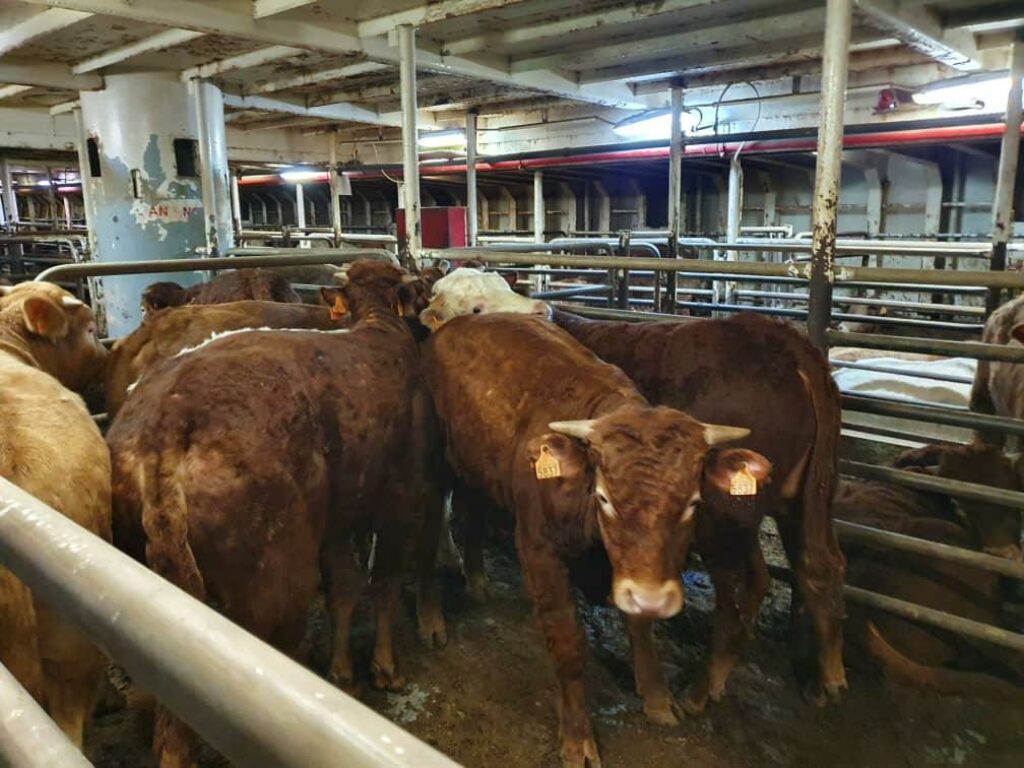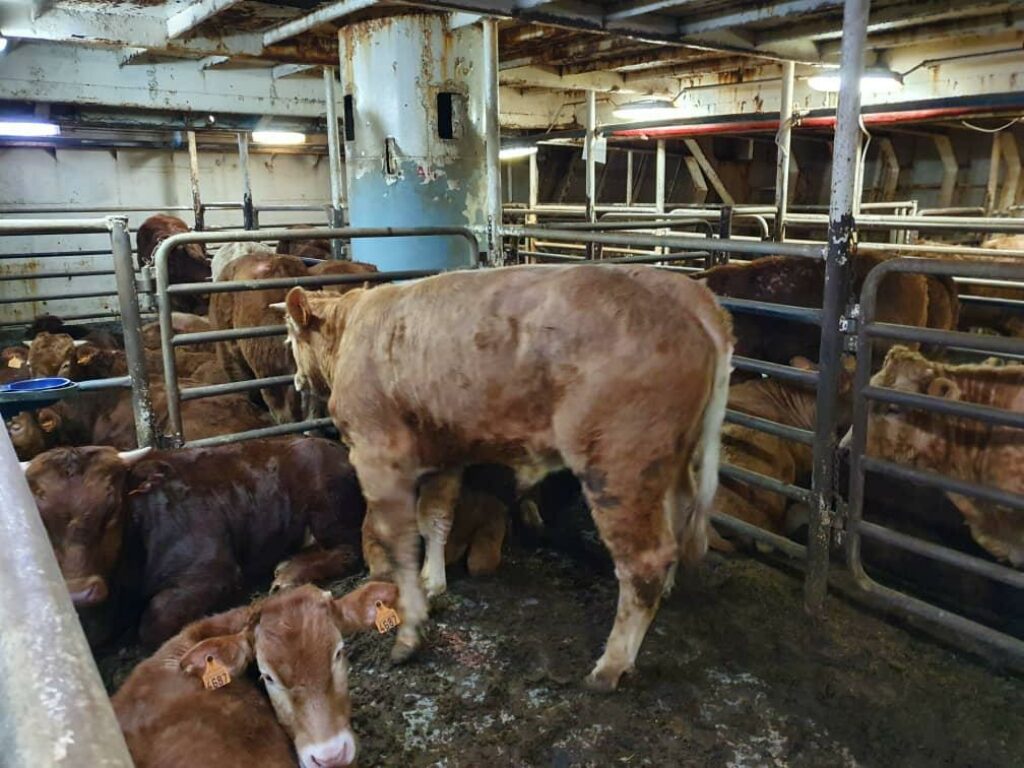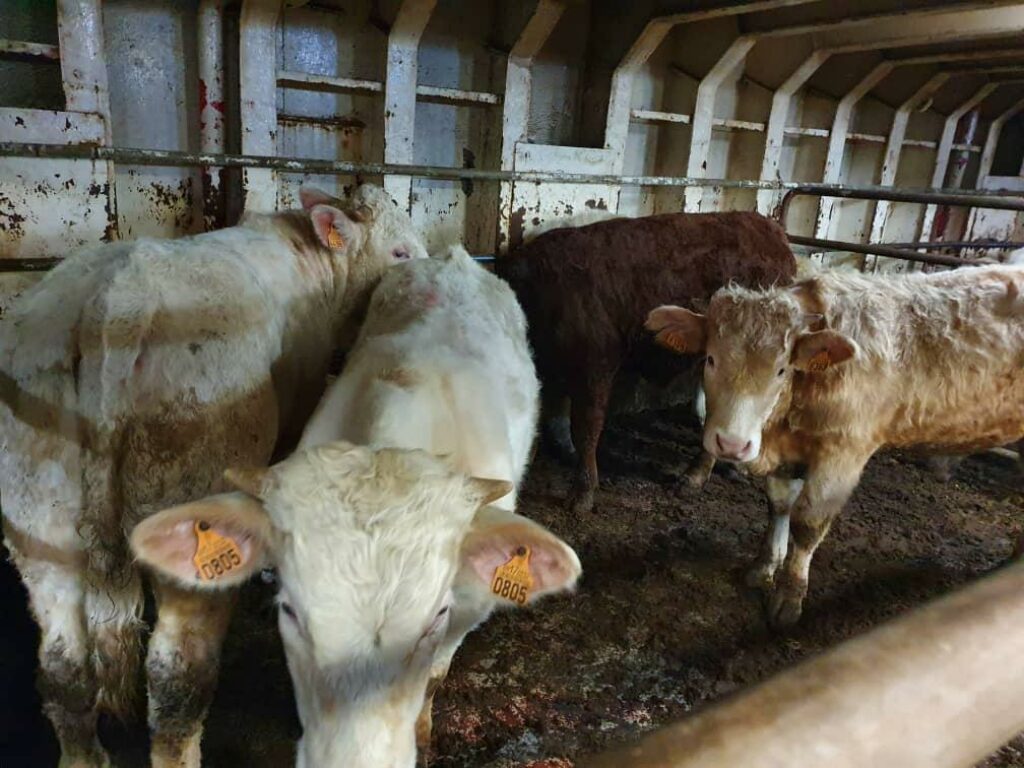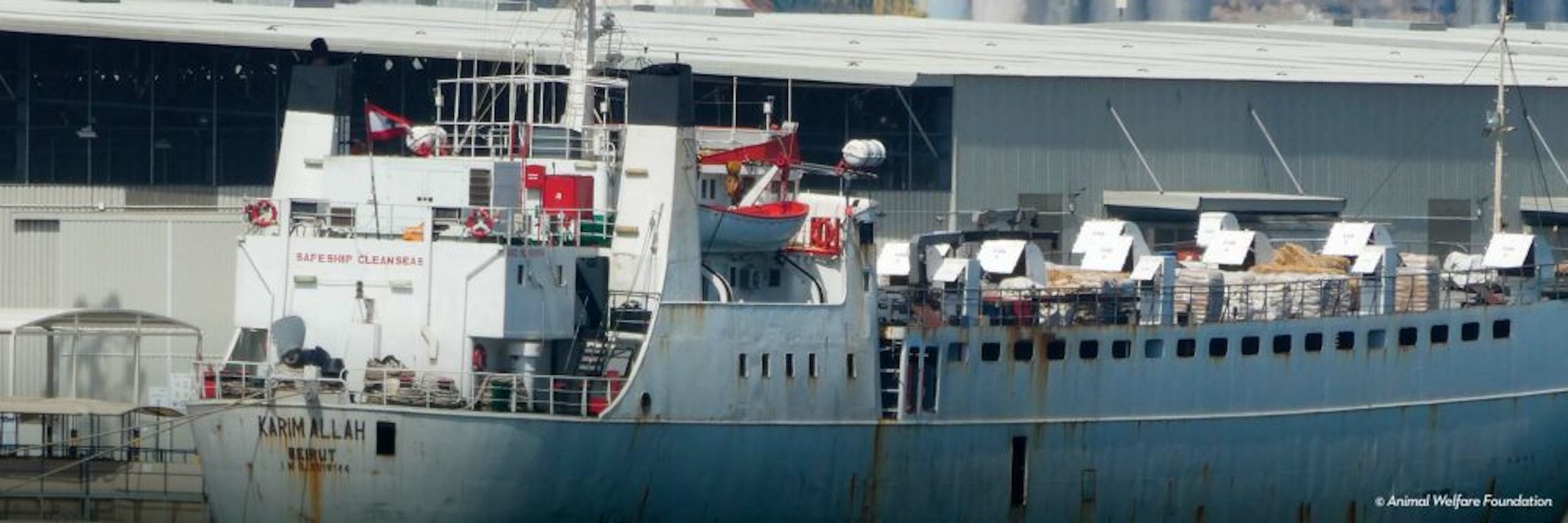
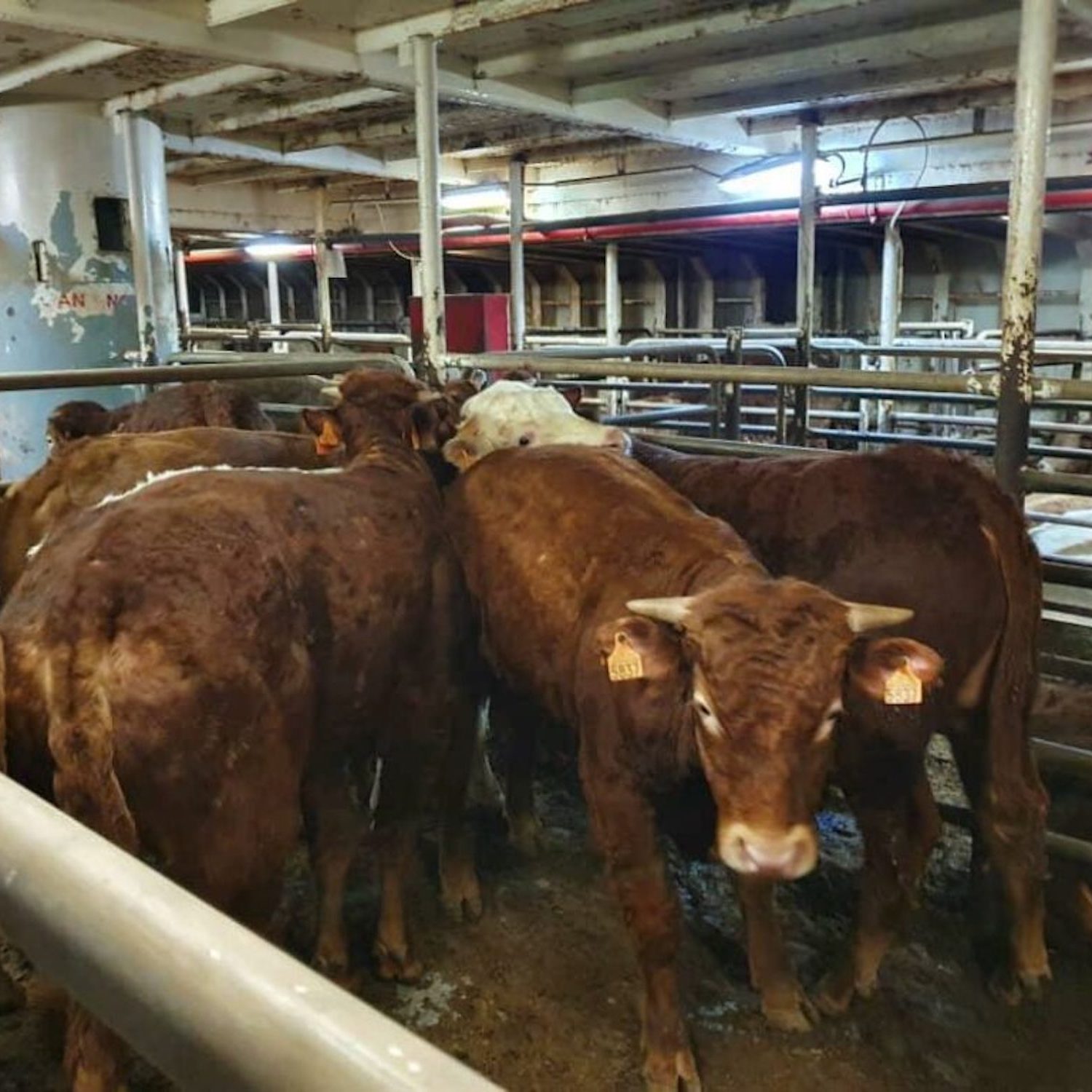
Why live animal transport should be banned immediately
Recently, the Ever Given cargo vessel chartered by Evergreen Marine Corp., Taiwan, tragically ran aground and blocked marine traffic through the Suez Canal in Egypt. This accident delayed the transportation of cargo by 156 vessels such as container ships, oil and gas tankers, and carriers transporting grains. However, what is not brought to the public eye are the several innocent animals that have become unfortunate victims of this blockade. It has been found out that amongst the many ships that are stuck, there are approximately 20 ships with livestock as their main cargo. This means that over 200,000 animals are trapped in containers for over a week. The blockage of the Suez Canal is undoubtedly one of the worst animal welfare tragedies of recent times.
This incident brings an extremely inhumane practice to light; that of Live Animal Transport.
Live Animal Transport
Livestock transport is a common practice, especially to and from the EU. Livestock transport involves animals being crammed in vessels for long durations without adequate food, water, or ventilation. The temperature within these containers can go up to 60°C in extreme conditions. Such treatment increases the risk of diseases and trauma and can be detrimental to the well-being of the innocent creatures.
Research indicates that over 250,000 lambs were transported to North African and Middle Eastern countries for Ramadan in 2020. The Suez Canal tragedy has brought to light the horrors of live animal transport. It is reminiscent of past tragedies with regard to livestock transport, such as the sinking of the “Queen Hind” livestock carrier that resulted in the drowning of over 14,000 sheep in the Black Sea near Romania, the “Haidar” carrier that overturned in Brazil resulting in the loss of 5000 cattle, and the “Danny FII” cargo vessel that submerged in the Mediterranean Sea killing over 20,000 sheep and cattle.
As per EU regulations, live animal carriers must carry 25% extra livestock feed in case of delays. However, animal welfare organizations have reported that this is not followed. Unfortunately, the Suez Canal tragedy lasted over a week, which may have caused a dearth of feed and water for the animals stuck on board the carriers.
Banning Live Animal Transport
While it is no secret that animals are constantly slaughtered by us for food. However, not many of us know of the long and tortuous journey of pain and exploitation that these animals have to undergo even before they get served on our plates. And Live Animal Transport is just one leg of that journey.
In light of the capsized “Queen Hind” carrier in 2019, Animal Equality investigated a livestock carrier that was shipping tens of thousands of lambs from Spain, spanning a journey of over 10 days, ending in the slaughter of all the animals on board. The investigation, along with the disturbing footage, revealed the terrible conditions in which the lambs were kept. This mistreatment clearly calls for action in terms of a ban on live transport of animals.
Recently New Zealand’s Minister of Agriculture announced that the country will ban live animal exports starting in 2023, after a phase-out period of two years. “At the heart of our decision is maintaining New Zealand’s reputation for high standards of animal welfare,” he said.
At Animal Equality, we strive to shed light on the truth through investigations and bring about change through petitions to end animal torture. To stop long-distance live animal transport that does not meet animal welfare standards, Animal Equality has launched a petition addressing the European Commission and the Ministry of Agriculture, Food, and Fisheries.
Animal Equality is also in solidarity with the “Stop Live Transport” campaign by Compassion in World Farming. June 14, 2020, marks the Ban Live Exports: International Awareness Day to acknowledge the cause and spread awareness about the cruelties of livestock transport.
How You Can Help
Help support the cause by taking action and signing the petition to end transport of live animals. You can also start by following and sharing Animal Equality’s investigations. Better still, you can stop supporting animal cruelty by a plant-based lifestyle that is filled with compassion.

